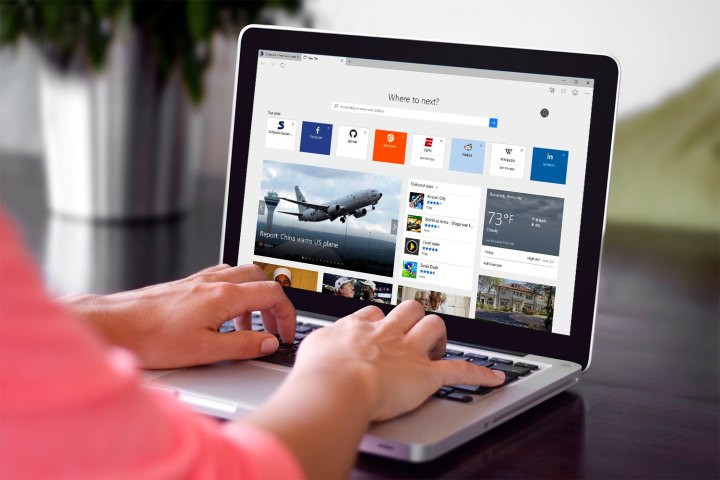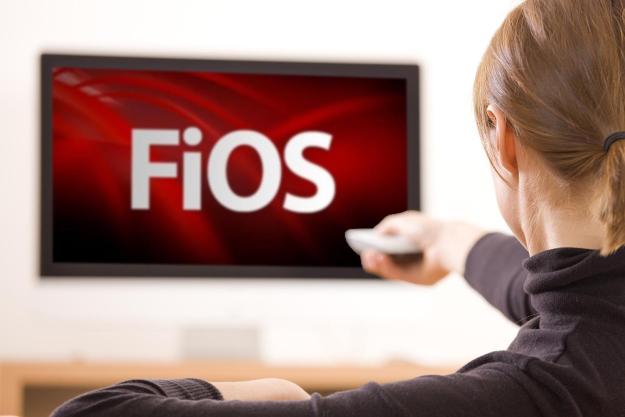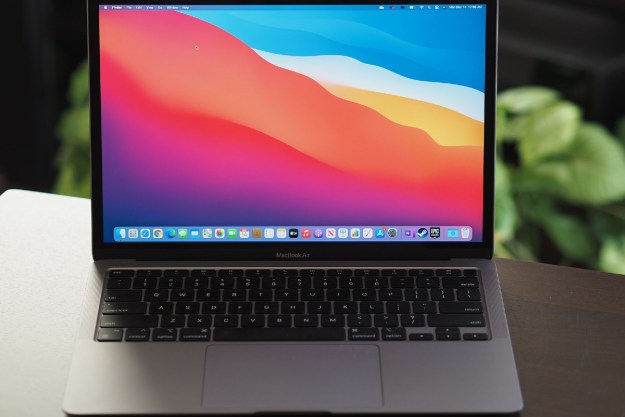
According to the sources, OEMs such as HP and Dell increased their notebook shipment forecasts for the last half of 2016 and the first half of 2017. Pushing these forecasts is the launch of new Intel processors, an increased acceptance of Windows 10, and consumers replacing older laptops with affordable new units. Sales began to increase in the second quarter and saw an even bigger jump during the third quarter.
Because of this surge, notebook OEMs are trying to lock down components for the remainder of the year and into 2017. OEMs are even willing to pay extra cash to suppliers for an increased volume but are only receiving hesitance. Thus, laptop makers are currently trying to land deals with new component supply sources to keep up with the surging demand in an increasingly popular market.
The first sign of component shortages appeared in the display sector. This was followed by the battery market, as the latter suppliers have begun to focus more on electric vehicles than laptops, causing an insufficient supply of batteries in the notebook sector.
On the solid-state drive (SSD) front, these are becoming more common in desktops and ultra-thin notebooks, the latter of which are on the rise due to more OEMs jumping on the thin-and-light bandwagon. Thus, the increased demand for SSDs has reportedly caused a shortage across the standard notebook industry.
Adding to the component shortage is a U.S.-based bankruptcy filing by Hanjin, one of the world’s largest container shipping companies. This move caused creditors to seize ships and terminal operators to stop handling cargo, leaving container ships used by Hanjin essentially stranded with products. Hanjin’s filing forced OEMs and component suppliers to reroute their electronics, delaying schedules.
While all of this sounds like bad news for the notebook industry, the mess has created new avenues of revenue for many component suppliers typically not tied into the laptop chain. Sources said that these companies are optimistic about the new business opportunities and expect to see improved performance in the notebook market over the next year.
News of the component supply shortage arrives after Microsoft said during its Ignite 2016 conference in Atlanta that there are currently 400 million active devices using Windows 10, up from 300 million reported in May and 207 million in March. The company considers “active “devices to be desktops, laptops, and other Windows 10-based gadgets that are actively used in the last 28 days. Microsoft actually wants Windows 10 on one billion devices by 2018.
For 2016, 202 million laptops are expected to ship across the globe within the year compared to the 194 million units pushed in 2015 and 174 million units in 2014. Desktop sales may decline over the next several years while tablet sales are expected to surge in 2017 but drop significantly in 2018.


